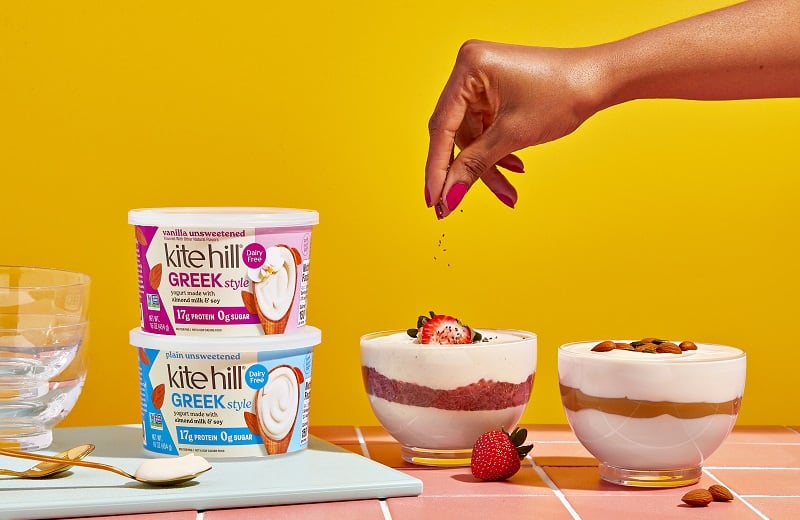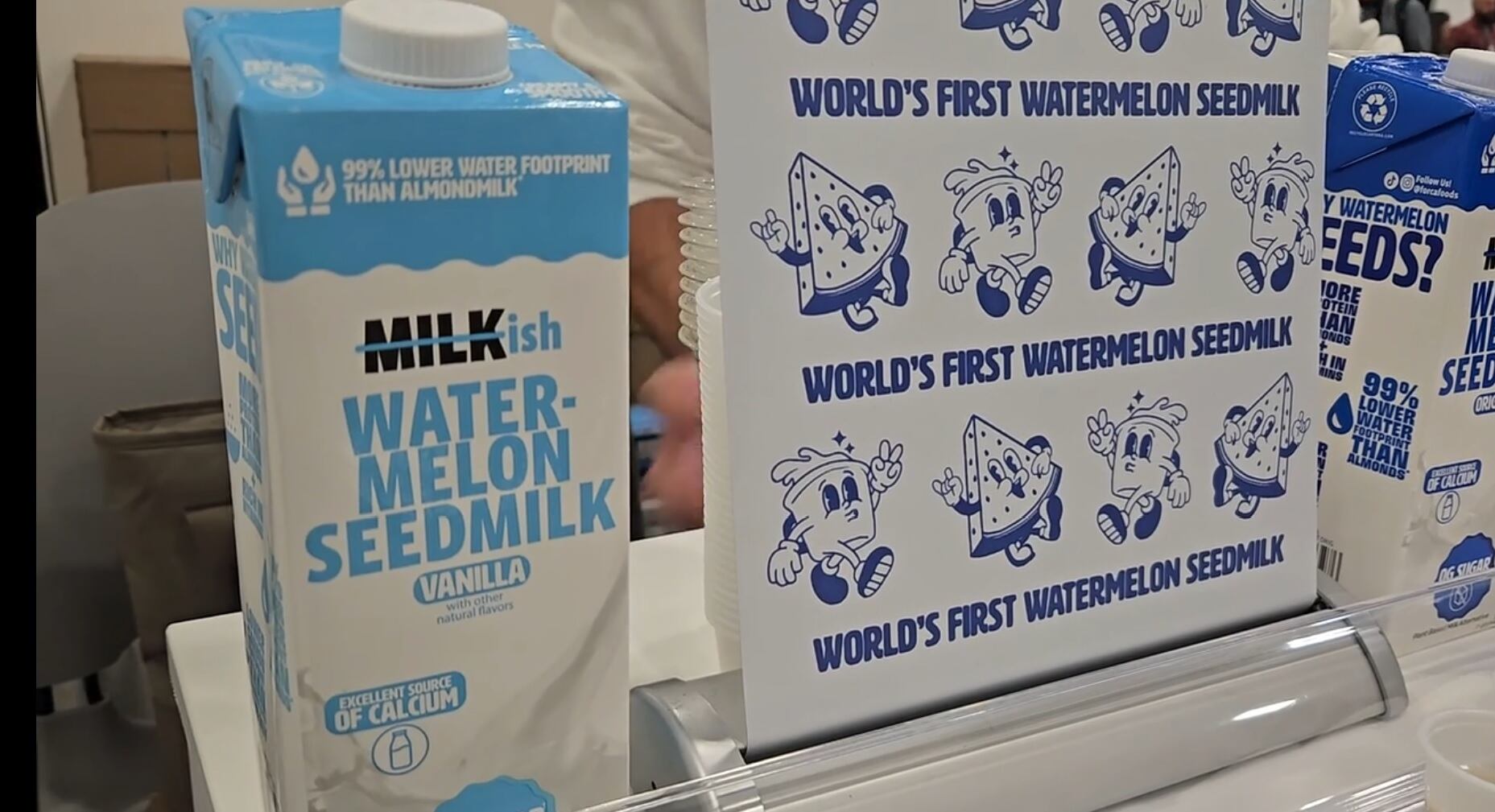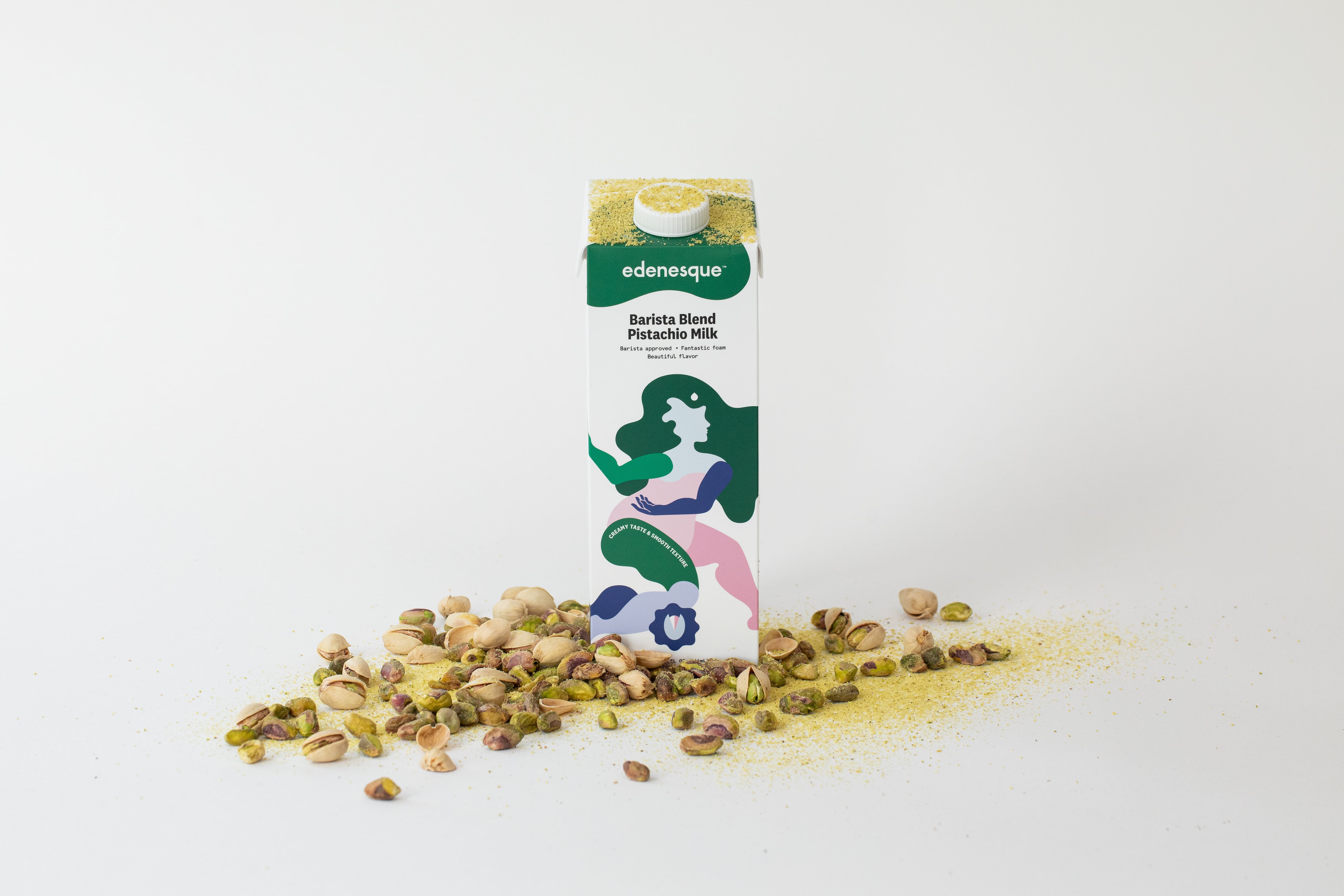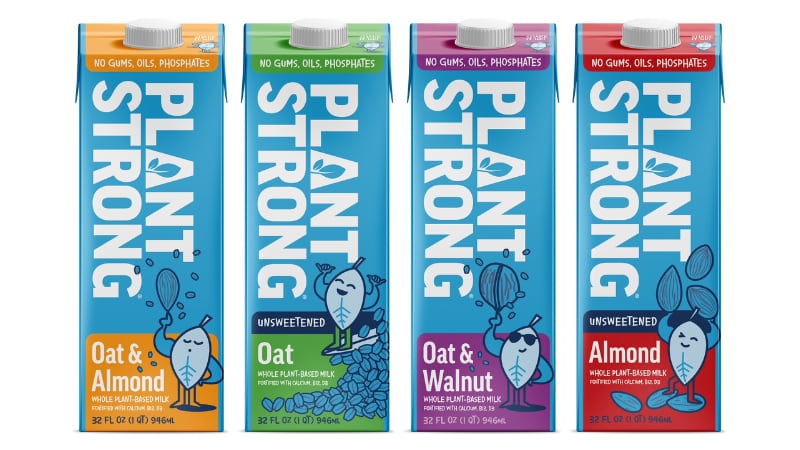US-based almond-cheese and -yogurt maker Kite Hill rolled out a marketing campaign to celebrate “Dairy-Free February” to boost consumer trial of plant-based dairy, while the company preps for further innovation later in the year to offset category challenges.
“There are a lot of things that are in the dairy-free category that are challenging right now — a lot of market saturation and some misconceptions that consumers have about dairy-free. And so, I think about where Kite Hill fits into all of this. It is really about how can we continue just to deliver the products that consumers want every day. Through operational challenges, supply chain challenges and some shifts within consumer habits, Kite Hill has been able to weather and manage a lot of that,” said Connie Sintuvat, VP of marketing and R&D at Kite Hill.
Dairy-Free February invites consumers to try plant-based dairy
Kite Hill is using the “Dairy-Free February” banner to encourage consumers to try dairy-free products with “Try Day, Fridays” and #DairyFreeFeb on Instagram and other social media channels, supported by paid influencers to spread the word.
Through these marketing efforts, Kite Hill is taking a softer tone than the “all or nothing” approach of some monthly challenges like Dry January and encouraging consumers to try dairy-free products, Sintuvat said.
“The call to action is really simple. You do not have to go all in. Just try us. Try dairy free. Throw Kite Hill into the mix and see what it can do for you. So, it is really just trying to break through that clutter and do it in a low-pressure way to encourage consumers,” she elaborated
Ahead of the campaign, Kite Hill commissioned Atomik Research to survey 1,004 US consumers about their appetite for dairy-free products. Atomik found 83% of Gen Z consumers try dairy-free products a few times a month or more, while 68% of all consumers were willing to try dairy-free products in 2025.
The survey found that 52% of consumers are interested in increasing their daily protein intake without relying on animal-based proteins, Kite Hill and Atomik Research reported. Almond-based products are among the most popular dairy-free alternatives with 52% of consumers purchasing them, compared to 18%, 15% and 7% for coconut, oat and rice, respectively, they reported.
To spur further interest in the plant-based dairy, Kite Hill is meeting consumer demands in a number of areas, including for high protein with a single-serve Greek yogurt, said Sintuvat. Kite Hill’s Greek-style yogurts contain 15-17 grams of protein while its regular yogurts contain 3-10 grams of protein.
Additionally, Kite Hill will launch pasta sauces later in the year, including a dairy-free alfredo sauce, which allows the company to go after meal solutions, she added.
“You cannot run away from high protein, low sugar. I think across the board that is just something that is so hot, that is so in demand,” Sintuvat noted.
Did the slump in plant-based meats impact dairy alternatives?
Kite Hill is navigating consumer concern about the level of processing in plant-based alternatives and the downward trajectory of plant-based cheese sales.
Sales of dairy alternative cheeses dropped 3.2% in dollars and 3.5% in units for the month of November, compared to the previous month, according to Circana data.
Despite these challenges, Kite Hill is well positioned to navigate these concerns as its products comply with Whole 30 — a diet focused on avoiding sugar, alcohol, grains, dairy, soy and legumes — and contain few ingredients, Sintuvat said.
“I would say some dairy-free categories have gotten the heat from some of the alt-meats,” Sintuvat said. “We have really stayed focused on the path that we have been on but just delivering simple ingredients in our food.”





